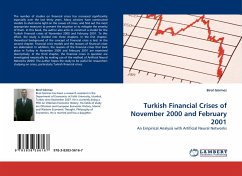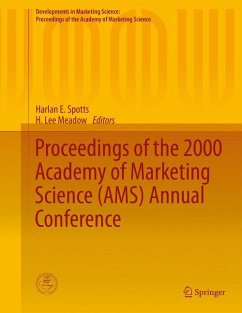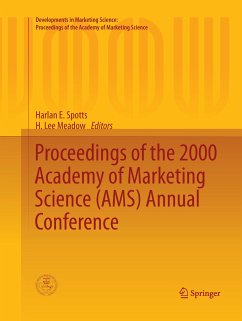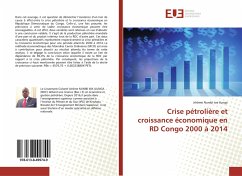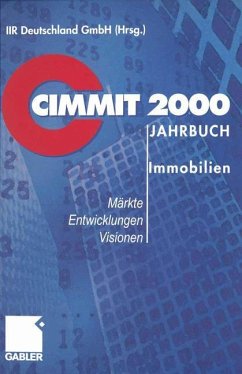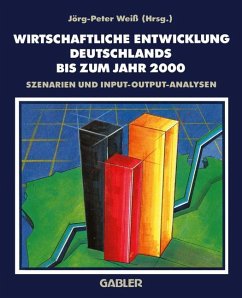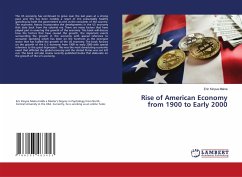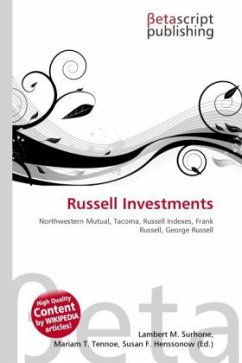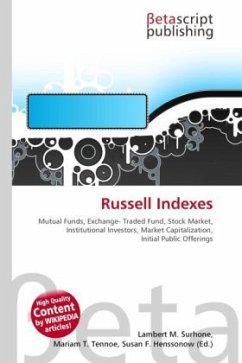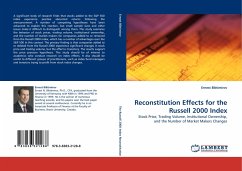
Reconstitution Effects for the Russell 2000 Index
Stock Price, Trading Volume, Institutional Ownership, and the Number of Market Makers Changes
Versandkostenfrei!
Versandfertig in 6-10 Tagen
52,99 €
inkl. MwSt.

PAYBACK Punkte
26 °P sammeln!
A significant body of research finds that stocks added to the S&P 500 index experience positive abnormal returns following the announcement. A number of competing hypotheses have been advanced to explain this reaction, but small sample sizes and other issues make it difficult to distinguish among them. This study examines the behavior of stock prices, trading volume, institutional ownership, and the number of market makers for companies added to or removed from the Russell 2000 index, which has a number of advantages over the S&P 500 in this context. The primary finding is that companies added...
A significant body of research finds that stocks added to the S&P 500 index experience positive abnormal returns following the announcement. A number of competing hypotheses have been advanced to explain this reaction, but small sample sizes and other issues make it difficult to distinguish among them. This study examines the behavior of stock prices, trading volume, institutional ownership, and the number of market makers for companies added to or removed from the Russell 2000 index, which has a number of advantages over the S&P 500 in this context. The primary finding is that companies added to or deleted from the Russell 2000 experience significant changes in stock price and trading volume, but the effect is transitory. The results support the price pressure hypothesis. This study should be of interest to academics who conduct research on index effects. It also should be useful to different groups of practitioners, such as index fund managers and investors trying to profit from stock index changes.



